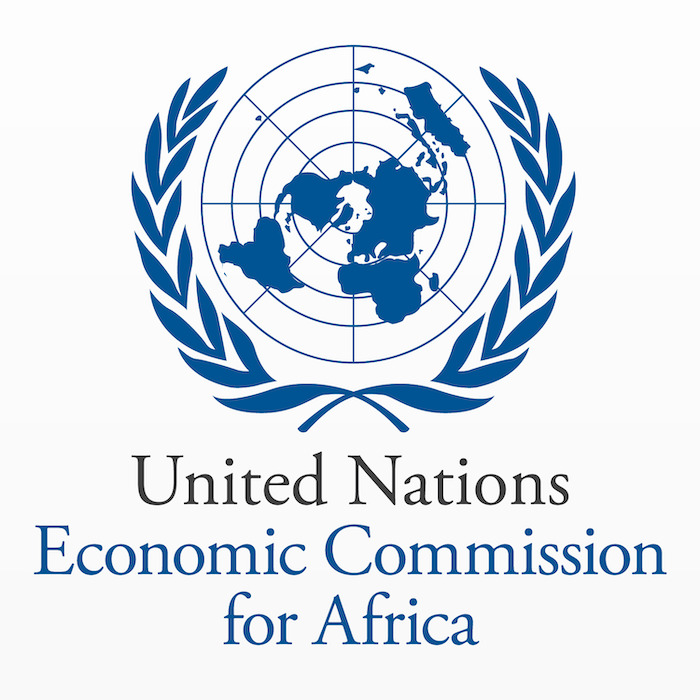Ministers of Finance have urged Africa to use creative resource mobilization strategies and quicken economic recovery from numerous crises that have undermined two decades of development gains and widened poverty, Entrepreneurng report.
The need to restructure Africa’s economy and advance industrialization was emphasized by ministers in a Ministerial Declaration issued during the 55th session of the Conference of African Ministers of Finance, Planning, and Economic Development in Addis Abeba, Ethiopia.
They emphasized the importance of accelerating the economic recovery in Africa, which is expected to fall short of meeting many of the Sustainable Development Goals (SDGs).
The COVID-19 pandemic, the Ukraine conflict, and climate change, the Ministers noted, will make it more difficult for Africa to achieve the Sustainable Development Goals (SDGs) and Agenda 2063.
The triple crises, they added, have disrupted the food and energy markets, exacerbated food insecurity, and caused high inflation rates that have plunged millions of Africans into poverty and other hardships.
Africa’s health infrastructure and systems require an investment of almost $66 billion. Moreover, between $137 billion and $177 billion will be needed by 2025 to finance closing infrastructure gaps.
In addition, the Ministers acknowledged that it is increasingly doubtful that the SDG targets to end extreme poverty and reduce inequality within seven years can be met by the 2030 Agenda. Africa’s poverty and inequality will therefore present serious threats to the social contract, as well as to prosperity, peace, and security.
Hence, the Ministers recognized the need to promote economic recovery and safeguard vulnerable populations from skyrocketing inflation, which was anticipated to reach 12.4% in Africa in 2023.
According to the Minister’s statement, tightened monetary policy by central banks to fight inflation and rising interest rates have both made the already constrained budgetary space worse.
In a statement urging the ECA to assist the continent with strategic thinking and new perspectives to achieve prosperity by 2030 and realize the goals of the 2030 Agenda and Agenda 2063, the Ministers noted that the Agreement establishing the African Continental Free Trade Area (AfCFTA) will increase intra-African trade in agrifood, services, industry, energy, and mining while attracting cross-border investments.
In his closing remarks, Antonio Pedro, the acting executive secretary of the ECA, stated that the development of infrastructure, intra-African commerce, and creative finance should be given top priority on the continent to promote recovery and transformation.
In conclusion, there is a mandate to deliver on our promise of shared prosperity to the people of Africa” and added that “Africa must find sustainable solutions” and that “partnership and collaborations” were essential to a transformed Africa.
Source: The Guardian


